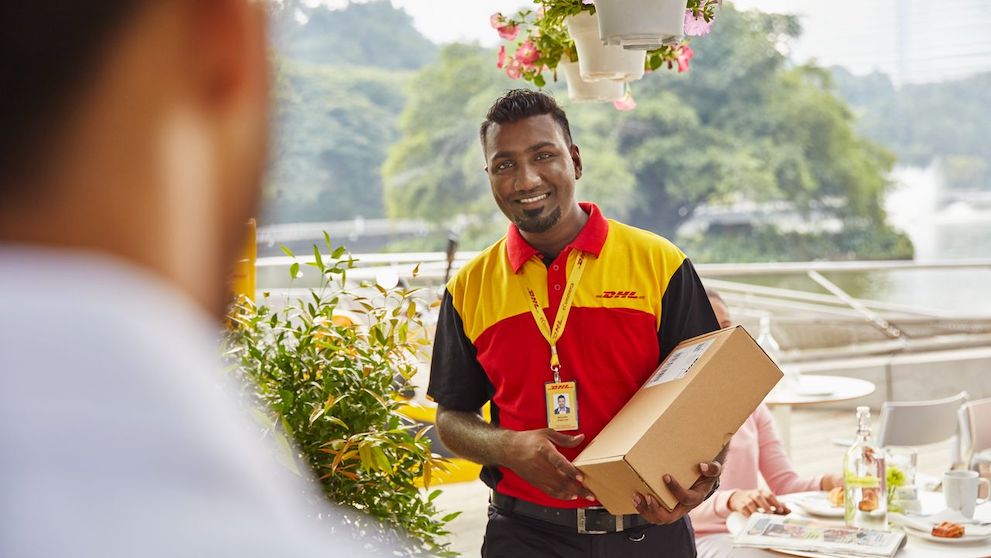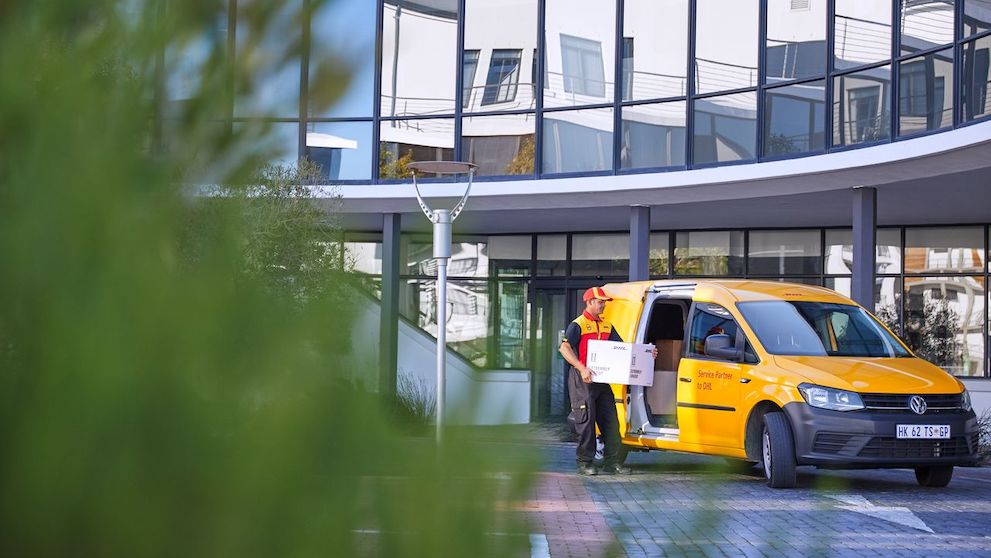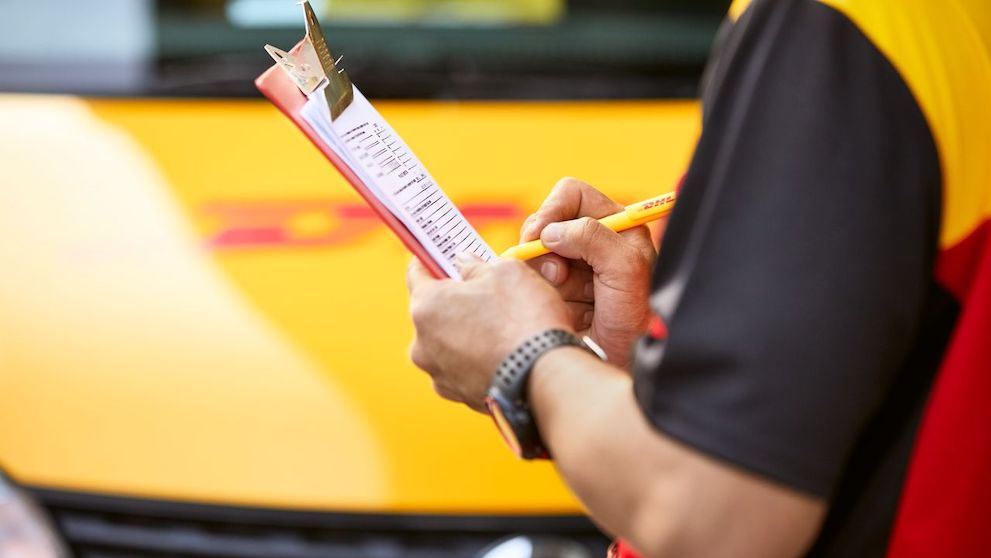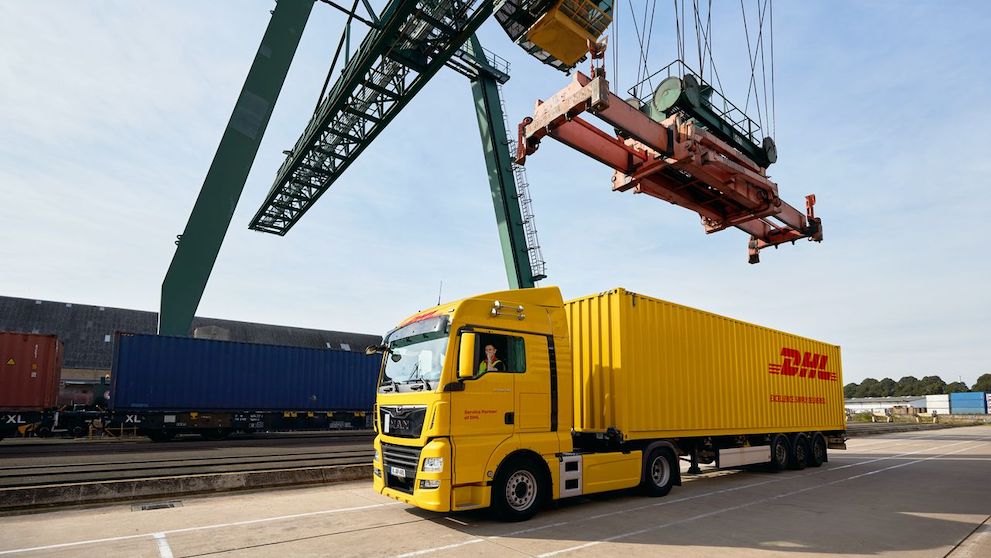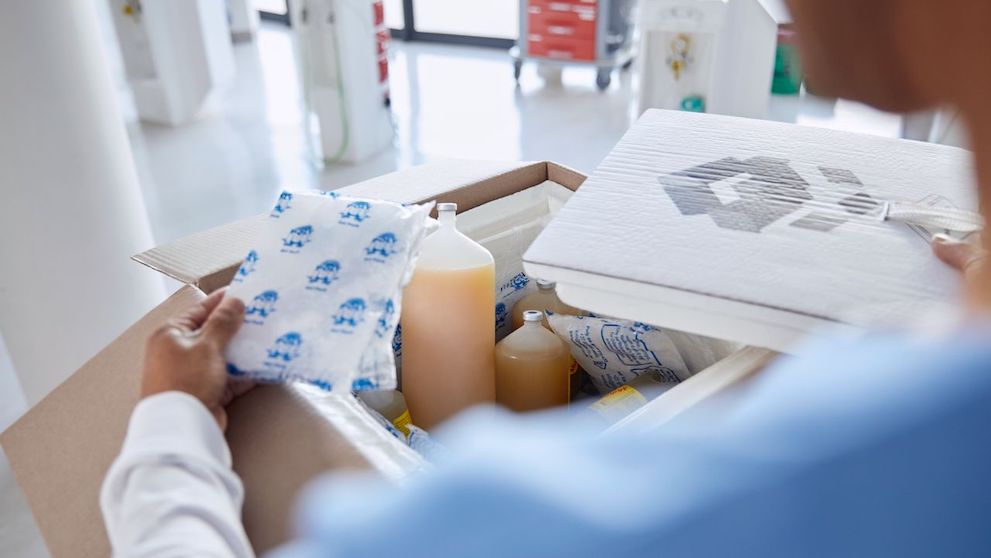Shipping wine and other forms of alcohol to Singapore may seem like the perfect opportunity for a retail or food and beverage business, or even the perfect gift for family during the festive season. However, individuals must first navigate the unique set of rules and restrictions the import of alcohol to Singapore comes with.
Singapore customs rules pertaining to alcohol can be stringent if imported at a high volume and should be understood thoroughly before the shipment lands in the country. This article aims to provide insight into the types of alcohol allowed in Singapore, customs import taxes and duties required to be paid, Singaporean alcohol import licenses and permits, and how to label and package alcohol for international travel.
1. Alcohol and wine restrictions and prohibitions
As with most countries, Singapore has a list of prohibited and restricted items for import. Restricted items tend to need documentation and approved permits by the governing authorities for import. In Singapore, alcohol or alcoholic beverages are classified as restricted items, and as such, relevant research and methods must be undertaken for import into the country.
In order for alcohol to be accepted and shipped by DHL Express, the shipper needs to meet three criteria: the Alcohol By Volume (ABV) Percentage is within DHL Network Capability, the destination country accepts alcoholic beverages, and the requirement listed in ISD/GSD is met.
| Alcohol By Volume (ABV) % | Action | Conditions and Reasoning |
|---|---|---|
| Percentage not stated | Not Acceptable | |
| Less than 24% | Acceptable | Classified as a non-document shipment |
| 24 to 69% | Acceptable | Only if each bottle is less than 5 litres |
| More then 70% | Not Acceptable | Classified as Class 3 Dangerous Good |
2. Alcohol and wine import taxes in Singapore
Typically, alcoholic beverages are subject to substantial duties and taxes in many countries, which may also include excise or luxury taxes. Moreover, certain countries impose stringent licensing requirements to safeguard the local wine industry.
As one of the top trade countries in Asia, Singapore imposes a Goods and Services Tax on every import into the country. However, since alcohol classifies as a controlled substance in Singapore, it is a dutiable item under the Singaporean customs service, and as such, import taxes will have to be paid accordingly. Importing wine to Singapore does not require customs duty payments, but on the other hand, excise duties amounting to S$88 per litre will need to be paid instead.
While wine can be imported through Singapore customs relatively easily, other liquors will require further arrangements when transported in bulk. Different alcohols have different customs and excise duties, be it beer, stout or liquor, and are all covered on the Singapore customs website. Understanding customs duties, taxes and clearance can be complicated, and outsourcing your logistics to a reliable shipping partner such as DHL Express can be helpful when it comes to the customs clearance process.

3. Licenses and permits
When importing alcohol to Singapore, the importer must register with the Food Control Division of the Agri-Food and Veterinary Authority (AVA). This is further compounded with labelling requirements such as:
Product name
List of ingredients
Name and details of the manufacturer, importer, packer and distributor
Country of origin
Expiry date
The importer must also be a Singapore-registered company with the Accounting and Corporate Regulatory Authority (ACRA) to be able to register with Singapore customs. In addition to this, one would then need to apply for a customs import permit depending on the type, size, and supply chain of the product in question.
Requirement | Company Importation | Personal Importation |
|---|---|---|
Import License | Required (SFA import license for pre-clearance) | Not required |
Receiver Details | Complete details required | Complete details required |
Itemized Custom Invoice | Mandatory | Mandatory |
Special Conditions | N/A | If > 24 bottles or > 40 kg, a letter of undertaking is required for personal consumption |
Contact by DHL Customs Clearance Dept | N/A | Required if above special conditions are met |
Potential Delays | N/A | May occur due to customer’s response time |
4. Shipping documentation
When preparing your shipment, the air waybill and the commercial or pro forma invoice are two key documents required to import to Singapore. It is essential that shippers provide highly detailed documents, whether it’s a commercial or personal shipment, as duties are charged based on the type of alcohol and the ABV percentage.
Each item in the package must be listed separately with its own description on the invoice. Descriptions that are too vague or generic, such as "gift," can be considered unacceptable by customs. For alcohol beverages, the invoice must state the number of bottles per shipment, alcohol strength, brand name, and specify whether it is sparkling or still wine.
Once you have registered with Singapore customs, you will receive a Unique Entity Number (UEN) which is necessary for the import of alcohol to Singapore. You may also need a bill of lading, packing list, and other documents should your shipment meet different requirements. Additional documents for alcohol and wine customs clearance can include:
- Certificate of origin
- Certificate of age
- Relevant lab reports
- Customs inward permit for movement of liquor to the warehouse for storage
Only by stating personal and product details meticulously and concisely will your customs procedure for the import of alcohol into Singapore be a smooth process. We recommend doing thorough research on the exact regulations and laws in reference to the alcohol you intend to import, such as reading Singapore's customs guidelines.
5. Packing and labelling of alcoholic products for import
As with all liquids for international transport, a proper water-tight seal is required, as well as ensuring that there is some space at the top of the bottle should the liquid expand during transport. Keeping the product in a waterproof container will also ensure that other products are not compromised if there is spillage during freight.
As per AVA requirements, the alcohol must be labeled with all necessary details accordingly. In addition, you should also have proper packaging to prevent your items from being damaged and have a plan to deal with items that are damaged during shipping. It is common for alcoholic beverages to be packaged in glass bottles, so it is recommended that shippers take extra precautions to secure the bottles within the shipping container. This involves placing the bottles in the center of the container, away from the walls, and utilizing sturdy outer corrugated containers to prevent damage during transport.
Packaging Tips:
- Always use high-quality corrugated cardboard boxes for parcels.
- Under-filled boxes may collapse, and over-filled boxes may burst. Choose a box with the right size for the content being shipped.
- It is important to completely fill any empty space within the box to avoid contents moving during transit, which can cause damage to both contents and box.
- When shipping multiple items in a single package, always wrap each item individually and separate them with corrugated inserts or other divider materials as appropriate.
- When packing liquor bottles, place each bottle in a ziplock bag, then wrap them with bubble wrap. Place the wrapped bottles into the box, filling any gaps with packing paper or foam inserts. Be sure to secure the box with sturdy tape across the top to prevent any spillage.
6. Insurance and Transit Times
Insurance:
An insurance charge of SGD 18 or 1% of the insured value per shipment, whichever is higher, may apply.
Transit Times:
Estimated transit times for shipments are generally 3 to 5 working days, subject to the pick-up address location and customs clearance process.
7. Shipping Costs and Tax Calculation
Description | Details |
|---|---|
Excise Duty | SGD 88 per litre of pure alcohol |
Goods and Services Tax (GST) | 9% (Total value of product, freight and insurance + Duty + Excise) |
DHL Advance Payment for Tax Processing | Minimum SGD 20 or 5% of the duties and taxes amount, capped at SGD 100 |
Note: Administrative charge applicable if DHL uses its own credit line with customs to advance or guarantee the payment of duties, taxes, or regulatory charges on behalf of importers and consumers with whom DHL has no contract. | |
While the import of wine and alcohol into Singapore can be a complex process, you can trust DHL Express Wine and Spirits Logistics to ensure that your imported alcohol reaches Singapore quickly and safely. With our advanced technology, secure warehouse and certified transport procedures, you can be assured that your wine and alcohol will reach your receiver’s table smoothly. Open a DHL Express account today.
Frequently asked questions about shipping documents internationally
No, a shipper must declare the actual value of the shipment's content. Making a false declaration could lead to clearance delays, penalties, or even the confiscation of the shipment.
Yes, only if the shipper has sufficient internal packaging to protect the shipment during transportation. However, if the shipper does not possess proper internal packaging, they may be referred to a packaging provider such as Myway Packaging.
